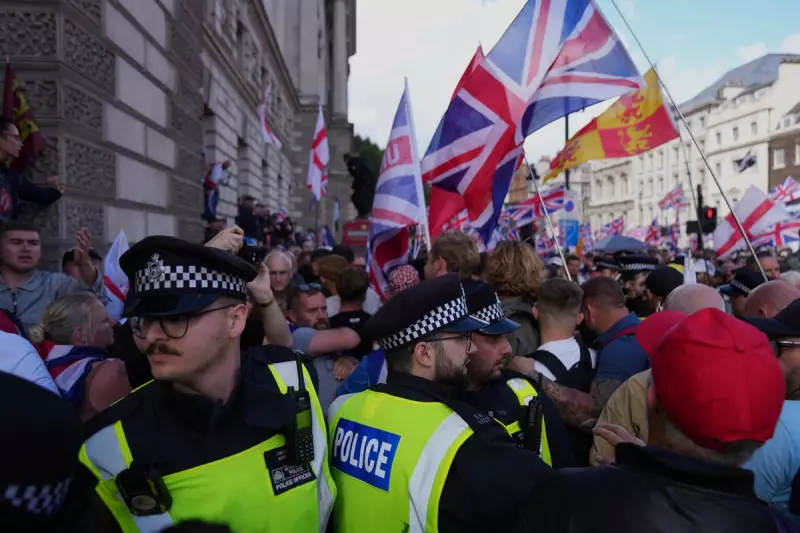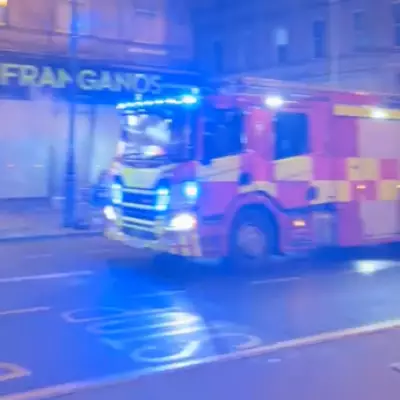
The Metropolitan Police has imposed significant restrictions on a planned march through central London organised by far-right activist Tommy Robinson, citing a "clear and credible intelligence" indicating a high risk of serious public disorder and violence.
Stephen Yaxley-Lennon, who uses the pseudonym Tommy Robinson, had organised the 'Unite The Kingdom' demonstration scheduled for Saturday, 1 July. The event was publicly promoted as a protest against the government's handling of immigration and other issues.
In a decisive move, senior police officials have authorised conditions under the Public Order Act 1986. These restrictions mandate that the demonstration must conclude by 2 PM and are confined to a specific route between Parliament Square and Whitehall. Any attempts to deviate from this authorised path will be considered a criminal offence.
Police Intelligence Points to High Risk
The Met's decision was not taken lightly. A spokesperson for the force stated that thorough risk assessments and examination of intelligence led commanders to believe there was a "real threat of disorder and violence involving counter-protesters" if the march proceeded without limitations.
This intelligence suggested that the event could become a flashpoint for clashes, potentially endangering the safety of participants, counter-protesters, police officers, and the general public.
A History of Tension and Disorder
The police assessment likely considered the historical context of demonstrations involving Robinson. His previous public appearances and rallies have frequently been marred by violent confrontations and arrests, creating a pattern that informed the current decision to impose pre-emptive conditions.
By setting a strict timetable and a contained route, the Met aims to facilitate the right to protest while simultaneously fulfilling its primary duty to ensure public safety and minimise disruption to Londoners and businesses in the area.
The force has issued a clear warning that any individual who fails to comply with the imposed conditions faces arrest and prosecution. A significant police presence is expected in central London throughout the day to manage the event and respond swiftly to any incidents.





